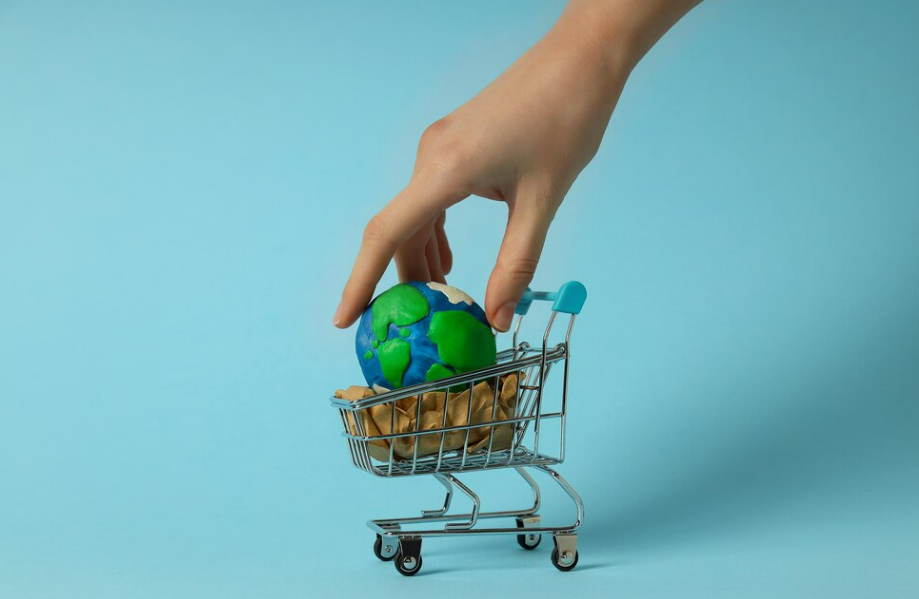The retail industry is undergoing a green transformation, as sustainability becomes a priority for consumers and businesses alike. In response to growing environmental concerns and customer demand for eco-friendly practices, retailers are adopting more sustainable methods. This shift towards sustainable shopping is not just about selling green products but also about implementing environmentally responsible practices throughout the retail process.
The Rise of Eco-Friendly Products
One of the most noticeable trends in sustainable retail is the increase in eco-friendly products. Retailers are expanding their offerings to include items made from sustainable materials, such as organic cotton, bamboo, and recycled goods. These products cater to consumers who are conscious of their environmental impact and seek to reduce their carbon footprint through their purchasing decisions.

Reducing Packaging Waste
Excessive packaging, particularly plastic, has long been a concern in the retail industry. In response, many retailers are reducing their packaging or switching to biodegradable or recyclable materials. Some are even adopting zero-waste packaging models, where products are sold without any packaging, or customers are encouraged to bring their reusable containers.
Embracing Circular Economy Principles
A circular economy focuses on reducing waste and extending the lifecycle of products. Retailers embracing these principles offer repair services, accept returned products for recycling, or resell refurbished items. This approach not only minimizes waste but also offers customers value-added services that extend beyond the traditional buy-and-dispose model.
Sustainable Supply Chains
Sustainability in retail also involves looking beyond the store to the entire supply chain. Retailers are increasingly scrutinizing their suppliers’ practices, ensuring that they adhere to environmental standards. This includes responsible sourcing of materials, reducing carbon emissions in transportation, and ensuring fair labor practices.
Technology and Sustainability
Technology plays a pivotal role in enabling sustainable retail practices. From AI-driven analytics for efficient inventory management to blockchain for ensuring supply chain transparency, technological advancements are helping retailers operate more sustainably. Digital receipts, mobile payments, and online shopping platforms also contribute to reducing paper waste and emissions associated with physical shopping.
Challenges and Consumer Participation
Despite these advances, the shift to sustainable retail is not without challenges. One of the biggest hurdles is cost – both for the retailer in implementing these practices and for the consumer in sometimes paying a premium for sustainable products. Education and awareness are also crucial, as consumers must be informed about the benefits of sustainable shopping for it to become a widespread practice.
Conclusion
The green shift in retail practices marks a significant step towards a more sustainable future. By adopting eco-friendly products, reducing waste, embracing circular economy principles, and ensuring sustainable supply chains, retailers are responding to the growing demand for environmental responsibility. As this trend continues, sustainable shopping is set to become the norm, reshaping the retail industry in a way that benefits both the planet and its inhabitants.













